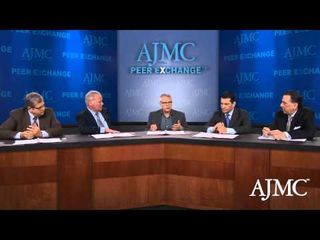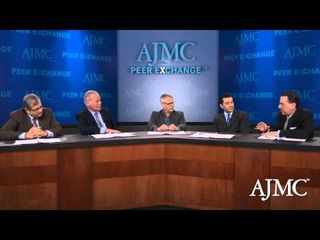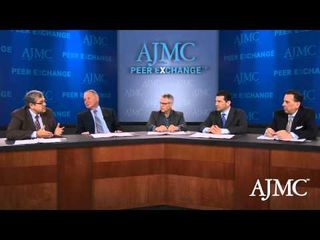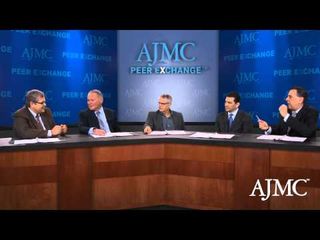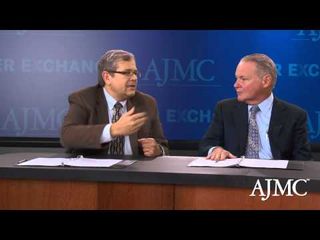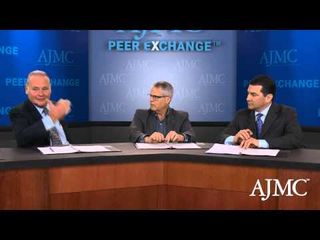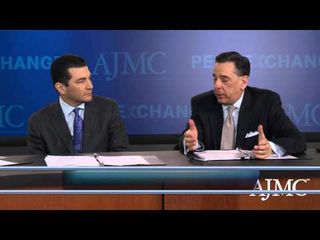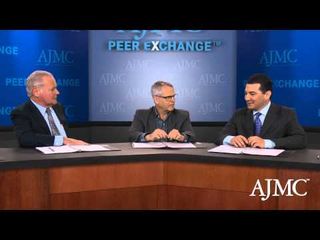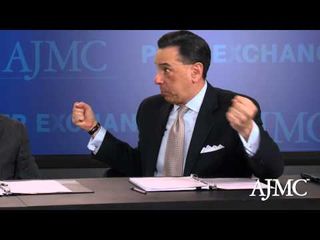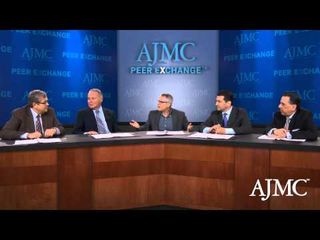
Health Care Cost
Latest News

Latest Videos

More News

A 13.9% increase in diagnosed cases of HIV was seen following expansion of Medicaid coverage under the Affordable Care Act.

The American College of Rheumatology (ACR) announced a number of policy priorities that it is encouraging the new Congress and administration to focus on during the year.

President Joe Biden reportedly will take executive action to reopen federal marketplaces selling Affordable Care Act (ACA) health plans; Moderna investigating booster shot designed to be more effective against emerging variants of coronavirus disease 2019 (COVID-19); Brazil coronavirus variant is found in Minnesota.

New research underscores the substantial economic burden associated with early discontinuation of guideline-recommended hypomethylating agent (HMA) therapy among patients with refractory anemia with excess blasts, a diagnosis that substantially overlaps with higher-risk myelodysplastic syndrome (MDS).

Based on US health insurance consumer behavior reported in the eHealth Insights: 2020 Retrospective report, notable trends of the past year to watch for in 2021 include the popularity of $0 premium Medicare Advantage plans, the rise of telemedicine, and potential hesitancy against taking a vaccine for coronavirus disease 2019.

The statement is aimed at drug companies, policymakers, pharmacy benefit managers, employers, and others, and calls to attention soaring insulin costs, which were the subject of several Congressional hearings in 2019.
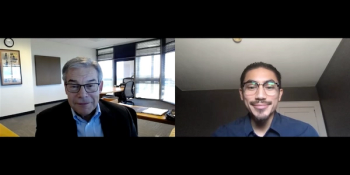
As coronavirus disease 2019 (COVID-19) continues to drive significant change in health care delivery, physician leaders affiliated with the Council for Accountable Physician Practices have worked to increase investment in strategies to address disparities in care exacerbated by the pandemic, such as value-based care and telemedicine.

On this episode of Managed Care Cast, we speak with the new chief financial officer of Strive Health, a value-based kidney care company that works with payers and providers to create an integrated care delivery system for chronic kidney disease and end-stage renal disease (ESRD). We discuss the changes coming to nephrology practices, as well as new ways of looking at the whole patient to halt the slide to irreversible ESRD.
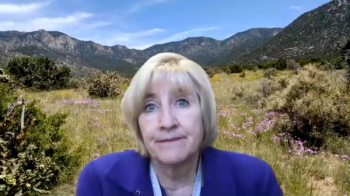
Barbara McAneny, MD, founding partner of New Mexico Oncology Hematology Consultants, discusses why putting risk on oncologists is not the way to fix cost issues in cancer care.

Several economic benefits stem from engaging in care soon after HIV transmission and maintaining viral load suppression, noted Milena Murray, PharmD, MSc, BCIDP, AAHIVP, associate professor, Midwestern University College of Pharmacy.

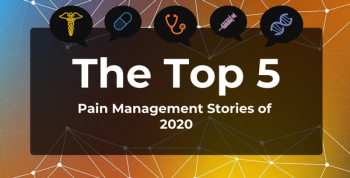
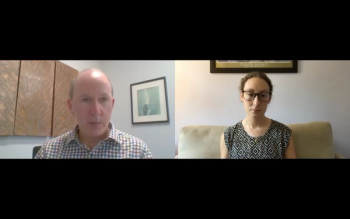
Migraine accounts for many billions of dollars in direct and indirect health care costs, said Peter McAllister, MD, a neurologist, board certified headache specialist, and medical director of the New England Institute for Neurology and Headache.

Tomatoes metabolically engineered to be enriched by the antiparkinsonian drug levodopa may provide a novel, cost-effective source of the drug for patients with Parkinson disease.

Our 5 most-read oncology stories and most-watched videos this year highlighted cancer care policy, diversity, and the growing practice of remote cancer care.
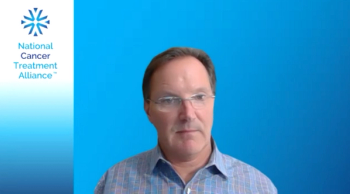
Robert Baird, RN, MSA, president of the National Cancer Treatment Alliance, discusses ways that employers of all sizes can pursue direct contracting with health care providers.

Recent study findings highlight mixed results following use of this medication among Mississippi and Massachusetts Medicaid beneficiaries.

In addition to significant morbidity and impaired health-related quality of life, patients with atopic dermatitis have a significant out-of-pocket (OOP) financial burden related to their disease.
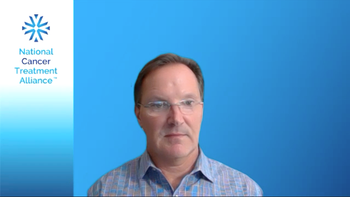
Robert Baird, RN, MSA, president of the National Cancer Treatment Alliance, discusses potential issues employers can avoid by direct contracting with providers.

The use of Mohs micrographic surgery, which had the highest average Medicare payment from 2012-2017 among a set of 4 skin cancer procedures, has increased by more than 20%.

Bradley Monk, MD, FACOG, FACS, clinician at Arizona Oncology, professor at the University of Arizona and Creighton University in Phoenix, discusses the reimbursement of PARP inhibitors in ovarian cancer.

Four principal themes emerged in this study, describing why Latino/a and Black transgender women and men who have sex with men discontinued their preexposure prophylaxis (PrEP) to prevent HIV.

An outcomes-based agreement conducted by Boehringer Ingelheim and Highmark found that use of Jardiance (empagliflozin) among adults with type 2 diabetes (T2D) and known cardiovascular disease (CVD) was associated with a total cost of care savings of over 20%.

The German multiple sclerosis (MS) study found differences by gender for some costs, but the overall economic burden of the disease was about the same.

In its 2021 Hospital Outpatient Prospective Payment Final Rule, CMS announced it will delay its radiation oncology payment model from January 2020 until July 2021.




